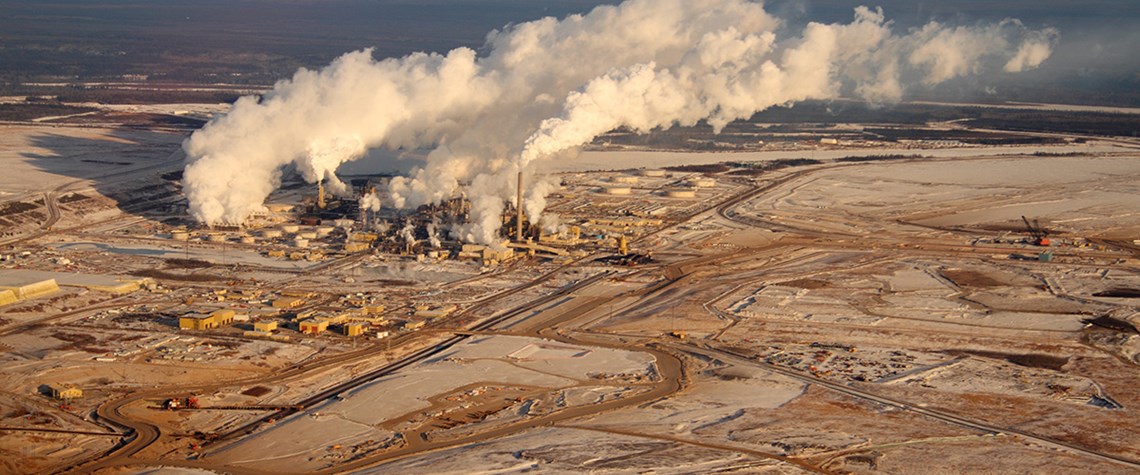Canada's climate wars
Chris Turner's new book is a thorough account of how Alberta's oil sands became one of the energy world's hottest properties—and its most controversial
Preston McEachern, a water scientist for Alberta's government, had a startling metaphor. The oil sands had become "the harp seal of the environmental movement", he told me in 2011, at the height of their notoriety—the easiest, softest target to kill. Anyone who's seen them would know why the projects divide opinion. They make for a huge, ugly fume-belching scar on the landscape—a monumental example of humanity's exploitation of the earth's resources. Or, to the petroleum engineer, a true feat of development and progress, drawing the world's economic lifeblood from a remote landscape. Either way, McEarchern was right—they're easy to pick on. You can visit the oil sands: rent a car and drive a

Also in this section
4 March 2026
The US president has repeatedly promised to lower gasoline prices, but this ambition conflicts with his parallel aim to increase drilling and could be upended by his war against Iran
4 March 2026
With the Strait of Hormuz effectively closed following US-Israel strikes and Iran’s retaliatory escalation, Fujairah has become the region’s critical pressure release valve—and is now under serious threat
3 March 2026
The killing of Iran’s Supreme Leader Ayatollah Khamenei in US–Israeli strikes marks the most serious escalation in the region in decades and a bigger potential threat to the oil market than the start of the Russia-Ukraine crisis
2 March 2026
A potential blockade of the Strait of Hormuz following the escalating US-Iran conflict risks disrupting Qatari LNG exports that underpin global gas markets, exposing Asia and other markets to sharp price spikes, cargo shortages and renewed reliance on dirtier fuels







